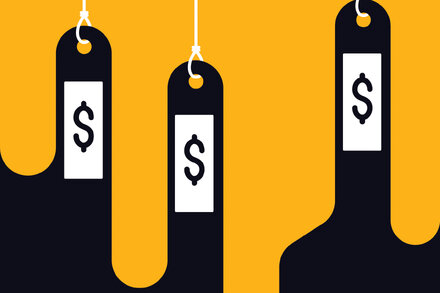The Ethical Threads: Navigating Consumer Choices Amidst Sweatshop Concerns
The modern global economy often presents consumers with a stark ethical dilemma: the affordability and accessibility of goods, particularly clothing, frequently come at the cost of labor exploitation in so-called “sweatshops.” For a growing number of individuals, the question of whether their purchasing habits should change in light of these concerns is becoming increasingly pressing, prompting a deeper examination of supply chains and corporate responsibility.
Understanding the Issue
Sweatshops are typically characterized by poor working conditions, low wages that often fall below minimum living standards, excessive working hours, and a lack of basic worker rights and safety measures. These environments are prevalent in industries with long and complex supply chains, such as textile manufacturing, where companies seek to minimize production costs. Workers, often in developing nations, may face hazardous conditions, restrictions on organizing, and, in some cases, child labor or forced labor.
The Consumer’s Role and Ethical Dilemma
The connection between consumer demand for low-cost goods and the perpetuation of sweatshop labor is a central point of discussion. When consumers prioritize price above all else, it can inadvertently create pressure on brands to source from the cheapest labor markets, where ethical oversight may be minimal.
Consumers hold significant power through their purchasing decisions. Every dollar spent is a vote for the practices behind that product. Ignoring the origins of our goods is, in a way, tacit approval of the conditions that produced them.
This statement, attributed to Dr. Elena Petrova, an expert in ethical supply chains, encapsulates the direct link many draw between consumer behavior and production ethics.
Arguments for Conscious Consumption
Proponents of ethical consumption argue that consciously choosing to buy from brands with transparent supply chains and certified fair labor practices can send a clear message to the industry. By supporting companies committed to living wages, safe conditions, and worker empowerment, consumers can help drive demand for more responsible manufacturing. Certifications from organizations like Fair Trade, GOTS (Global Organic Textile Standard), or B Corp status can offer guidance, though their rigor can vary. This shift can encourage more companies to invest in ethical production, fostering a race to the top rather than a race to the bottom.
Navigating the Complexities
However, the issue is not without its complexities. Some argue that a complete boycott of products made in developing countries could inadvertently harm the very workers it aims to help, potentially leaving them jobless in economies with few alternatives. The challenge of identifying truly ethical products is also significant; many brands have opaque supply chains, and “greenwashing” or “ethics-washing” can mislead well-intentioned buyers.
It’s not as simple as ‘buy this, don’t buy that’. Many economies rely heavily on manufacturing. The goal shouldn’t be to shut down industries, but to transform them. That requires systemic changes, not just individual boycotts.
Mark Jensen, an economic development specialist, highlights the need for a broader perspective. Furthermore, ethical products often come at a higher price point, making them inaccessible to all consumers, thus highlighting issues of economic inequality in ethical consumption itself.
Beyond Individual Purchases: A Broader Approach
While individual purchasing choices are a component of the solution, many experts emphasize that systemic change requires more than just consumer action. Advocating for stronger labor laws, international regulations, and corporate accountability through activism and policy engagement are crucial. Demanding transparency from brands, participating in consumer awareness campaigns, and supporting organizations that audit and advocate for worker rights can contribute to broader industry transformation.
Conclusion
Ultimately, the decision of whether to change buying habits due to sweatshop concerns rests with the individual consumer. There is no universally agreed-upon single answer, but a nuanced understanding of the issue suggests that informed choices, coupled with broader advocacy, can contribute to a more just global economy. While the path to truly ethical consumption is fraught with challenges, acknowledging the problem and striving for better practices is a critical first step towards fostering a world where dignity and fair treatment are fundamental to production.
Source: Read the original article here.





